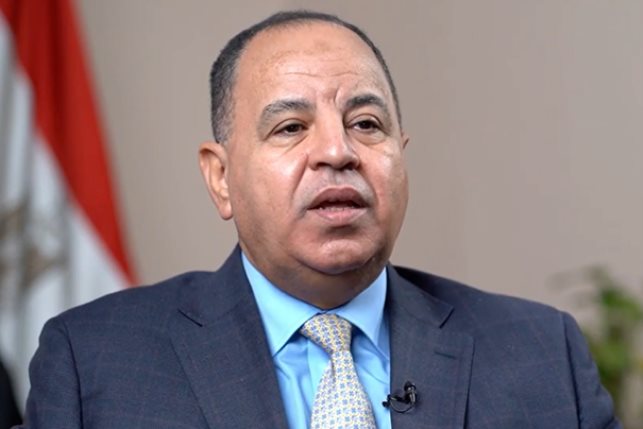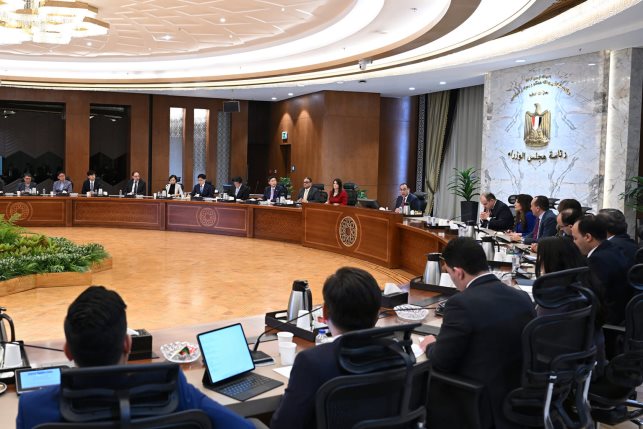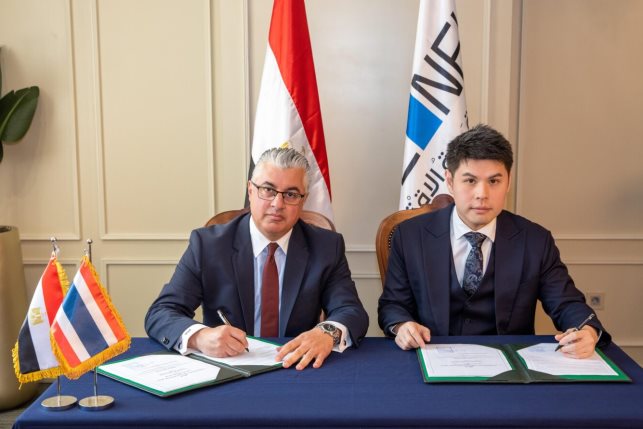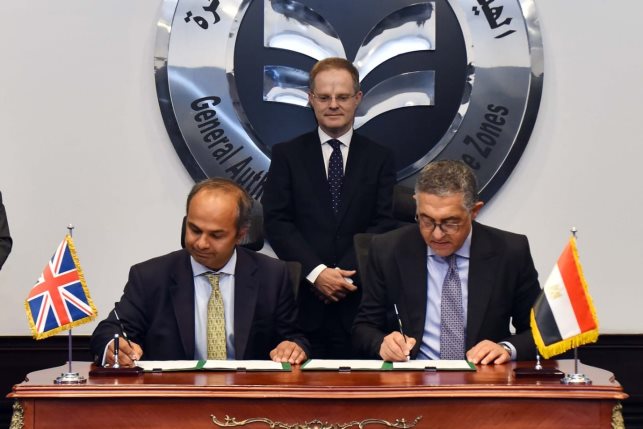IMF highlights benefits of currency liberalization as Egypt shifts to market-driven exchange rate
Currency liberalization - a policy decision to remove restrictions on foreign currency - is a key step towards a market-driven exchange rate system
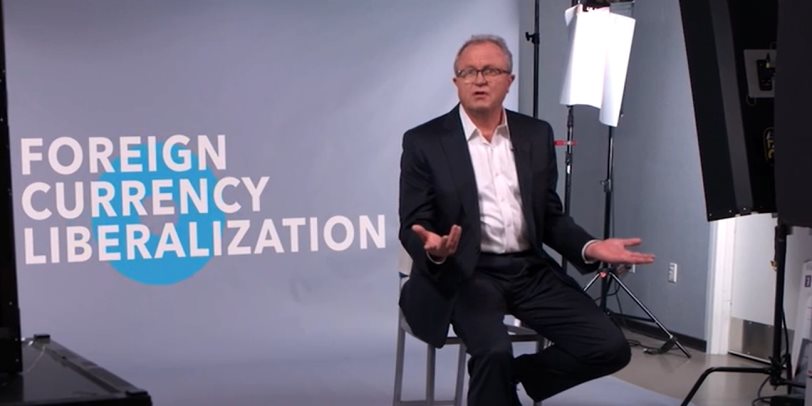
The International Monetary Fund (IMF) released a video explaining the significance of foreign currency liberalization soon after announcing it had officially expanded its $3 billion loan to Egypt, upping it to $8 billion, with updated conditions including moving Egypt to a market-driven exchange rate system.
Speaking in the video, the IMF’s deputy director, Christoph Rosenberg, clarified that foreign currency liberalization simply means making foreign exchange readily available to everyone at the same exchange rate, noting that restricted or reduced access to foreign currency creates a black market with inflated exchange rates.
In its newly updated FAQ for Egypt, updated on March 6th, the IMF highlighted that Egypt shifting to a flexible exchange rate system would enable the EGP to be “determined freely against other currencies.” It added that “The first step in this direction is to have a unified exchange rate and make foreign exchange (FX) available to everybody at the same exchange rate.”
Currency liberalization - a policy decision to remove restrictions on foreign currency - is a key step towards a market-driven exchange rate system. By removing restrictions on buying and selling foreign currency, governments can create a market where supply and demand can freely interact to determine the exchange rate.
Rosenberg highlighted the black market system’s unfair advantage for those with access to foreign currency, allowing them to exploit exchange rate differences for personal gain.
Additionally, these restrictions can discourage investment and exports as businesses have little incentive to participate in these activities, particularly while looking at high losses due to the need to acquire foreign currency through the black market at exaggerated rates, which can hinder economic growth.
The IMF deputy director emphasized the benefits of foreign currency liberalization, which would “boost investment and exports, driving economic growth through increased production and international trade,” and "has the potential to reduce inflation" by strengthening the exchange rate and lowering the cost of imported goods.
Egypt's recent decision to allow the weakening of the Egyptian pound and raise interest rates aligns with the IMF's recommendations for foreign currency liberalization, with the move aiming to create a more transparent and market-driven exchange rate system, potentially attracting investment, fostering economic growth, and reducing the prevalence of black market activity.
The shift to a market-driven system is within the framework of the fund’s new $8 billion loan agreement with Egypt.
Central banks should maintain high interest rates to help control inflation by making borrowing more expensive and encouraging saving, Rosenberg explained, acknowledging the importance of supporting policies alongside foreign currency liberalization.
The Central Bank of Egypt announced on early Wednesday that it raised key interest rates by a whooping 6% in an unscheduled meeting, triggering a series of events including the finalization of the IMF loan.


